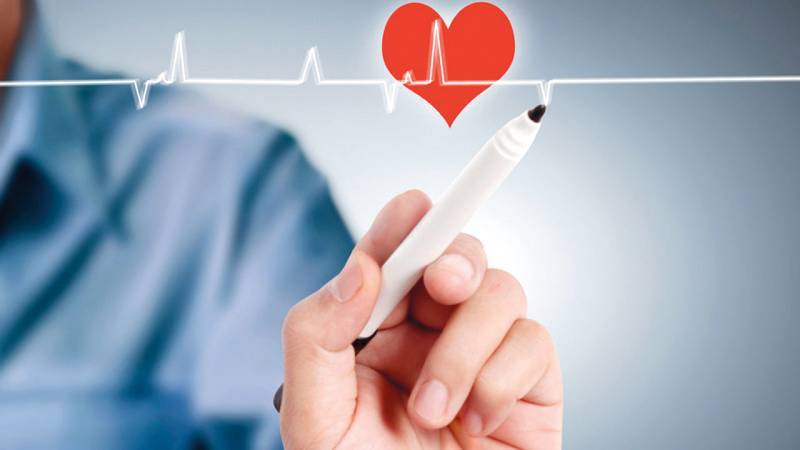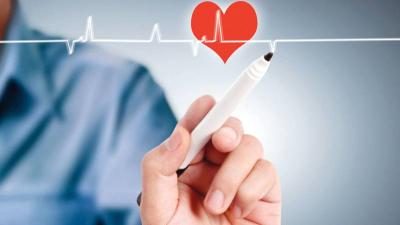Cardiology specialist Dr. Anastasia Fomicheva stated that the first indicator of a healthy heart is blood pressure levels. The ideal level is less than 120/80, and the normal range is less than 130/85 mmHg. In an interview with "Gazeta.Ru," the specialist warned: "If the reading is 130-139/85-89 mmHg, it is considered high and indicates cardiovascular diseases." She noted that heart health can also be assessed through pulse.
She added: "A healthy person's resting heart rate should be less than 80 beats per minute. During physical activity, the pulse increases significantly, and the main concern is how quickly the heart rate recovers after exercise. If a non-athlete has a resting pulse below 60 beats per minute, they should undergo necessary examinations."
Additionally, cholesterol levels should be below 5 mmol/L. She stated: "The level of harmful LDL cholesterol, which forms plaques in blood vessels, should be less than 3.0 mmol/L, and the level of beneficial HDL cholesterol should be above 1.2 mmol/L for men and more than 1.0 mmol/L for women." She pointed out that fasting blood glucose should be below 5.5 mmol/L.
She added: "To determine diabetes, it’s essential to check the level of glycated hemoglobin, as individuals diagnosed with low blood sugar or glucose intolerance are at a higher risk for cardiovascular diseases." According to her, physical activity also indicates heart health.
She explained: "If a person feels tired during simple physical activities, such as climbing stairs, going to the store, or experiences sudden fatigue, it may indicate heart issues." The doctor noted that "the risk of cardiovascular diseases also depends on nutrition, sleep, and bad habits."
She continued: "The diet should contain a minimal percentage of saturated fats and fast carbohydrates. It’s also crucial to maintain a normal body mass index (BMI) of 18-25 kg/m². Bad habits, such as smoking and excessive alcohol consumption, contribute to the development of cardiovascular diseases. If a person sleeps less than 6 hours a night, the risk of cardiovascular diseases increases by 25%. Additionally, if there is severe nighttime snoring, it is necessary to rule out obstructive sleep apnea syndrome, which can cause high blood pressure and heart rhythm disturbances!"




